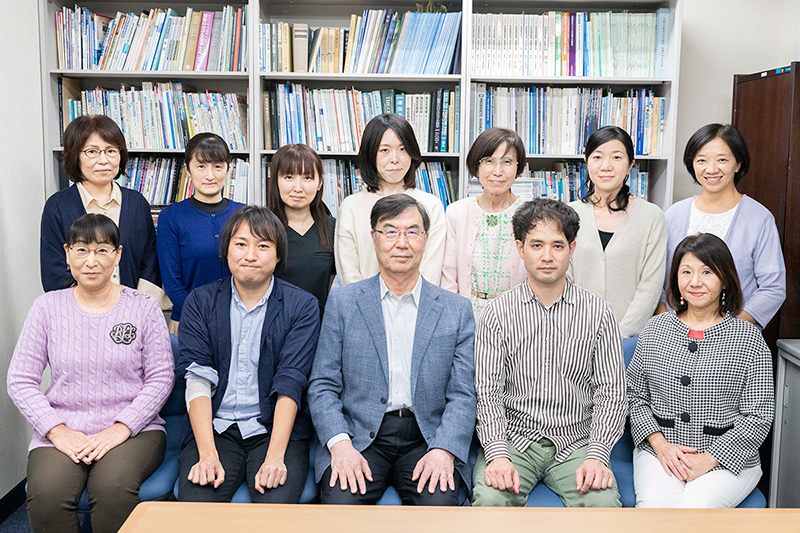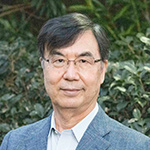
DEPARTMENT OF Regeneration Science and EngineeringLAB. OF Experimental Immunology
 |
Visiting Professor
Shimon Sakaguchi |
MESSAGE FROM THE LAB
RESEARCH
We study the molecular basis of naturally occurring regulatory T (Treg) cells which play crucial roles in the maintenance of immunologic self-tolerance. We investigate the development, maintenance, and molecular and cellular function of Treg cells in mice and humans by using immunological, epigenetic, and bioinformatics approaches. Since Treg cells are involved in various physiological as well as pathological immune responses, we are developing ways manipulating Treg cells as a novel immuno-therapy for autoimmune diseases, allergy, infection, organ transplantation, and cancer.
We have established the SKG strain, an animal model of rheumatoid arthritis and study how a point mutation of ZAP-70 in SKG mice generates arthritogenic T cells and causes chronic joint inflammation.




